Localization of public procurement: does the law work (research results)
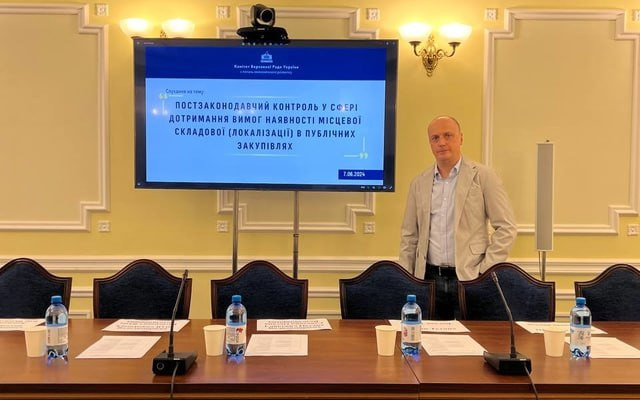
Improving the mechanism of maintaining the register of localized goods producers will not only reduce the level of fraudulent schemes in the register, but also increase investors' interest in the development of Ukrainian business.
This was stated by Andriy Shabelnikov, Chairman of the UNBA Committee on Investment Activity and Privatization, commenting on the results of the hearings in the Verkhovna Rada Committee on Economic Policy on «Post-legislative control in the field of compliance with the requirements for the local component (localization) in public procurement».
During the event, MPs, representatives of the Ministry of Economy, the State Audit Service, the Antimonopoly Committee, specialized associations and manufacturers analyzed the effectiveness of the implementation of the Law of 16.12.2021 No. 1977-IX «On Amendments to the Law of Ukraine «On Public Procurement» on Creating Preconditions for Sustainable Development and Modernization of the Domestic Industry».
Earlier, the parliamentary committee interviewed business entities involved in the procurement of localized goods, as well as regulatory authorities. The respondents shared their thoughts on whether the law has worked in practice, what are the achievements and problems in its implementation, and how to resolve the difficulties that have arisen.
As a reminder, the law introduced the degree of localization of production - an indicator of the local component in the share of the cost of raw materials, components, assemblies, parts, components and components of products, works, services and other components of domestic production in the cost of the goods that are the subject of procurement.
By 2032, the law established specifics for the procurement of goods that require the customer to comply with the degree of localization of production, which must be equal to or greater than 10% in 2022 and 40% after 2028. The degree of localization of production must be determined by the manufacturer of the goods in accordance with the formula established by law.
During the event, the participants were presented with the generalized results of the survey by the main groups: suppliers of goods, customers of goods, state control and supervision authorities.
In particular, 61.9% of suppliers of goods noted that the introduction of localization had not affected their business at all. This is due to several factors: products not falling under the law, a low localization threshold at the initial stages, and the lack of necessary regulations and explanations from government agencies.
To increase the level of localization, some companies plan to develop their own production of components and equipment (33.3%), while others intend to cooperate with Ukrainian manufacturers (23.8%). However, there are also those who do not intend to take any measures (14.3%). At the same time, more than half of the respondents expressed confidence that by 2028 the level of localization of their products will be at least 40%, while almost a quarter still doubts that they will be able to reach this figure. The full results of the survey can be found here.
The participants of the committee hearings were also presented with the results of monitoring procurement with localization through the Prozoro system, told about the improvement of the mechanism for maintaining the register of localized goods producers, the fight against fraud in the register, measures to monitor compliance with the law, and discussed proposals for possible changes to the legislation on localization.
Popular news
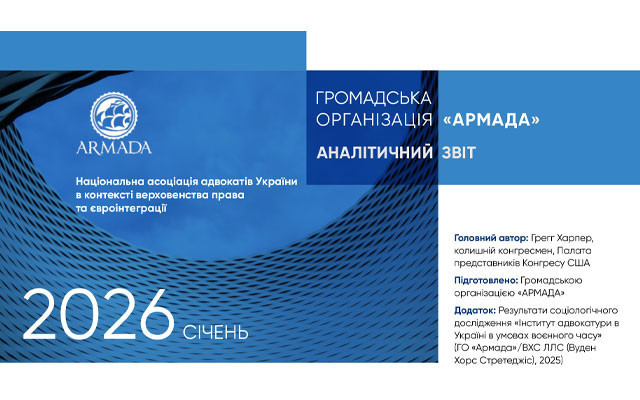
European integration
A translation of the report on advocacy presented to the European Parliament has been published
A translation of a research report on the Ukrainian advocacy profession in wartime, previously presented to the European Parliament in Brussels, has been published. The document is presented as a basis for discussion on the rule of law, Ukraine's European integration aspirations, and countering Russian disinformation in the legal sphere.
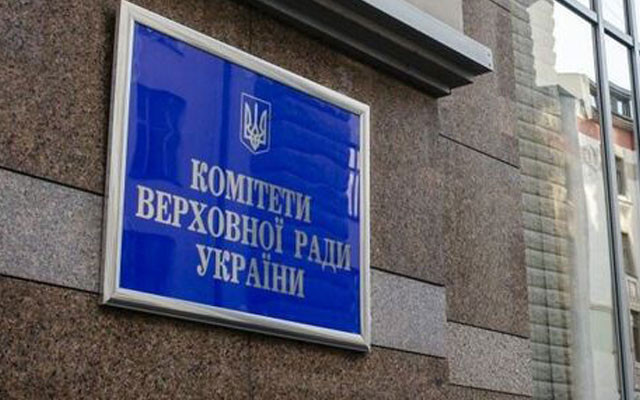
Legislation
The Verkhovna Rada Committee criticized the format of the government working group on advocacy
The implementation of the Roadmap on the rule of law (approved by Cabinet of Ministers Resolution No. 475-r of May 14, 2025) in relation to advocacy raises the practical question of who exactly should prepare legislative changes and how.
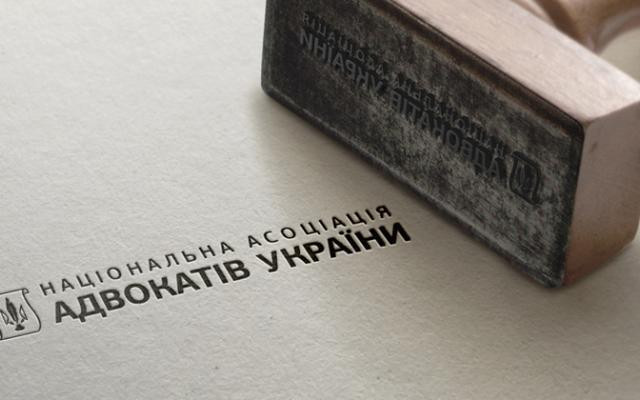
Self-government
The BCU demands a review of the composition of the government working group on reforming the advocacy profession
The President of the UNBA, BCU Lidiya Izovitova, appealed to the Cabinet of Ministers of Ukraine to review the composition of the working group on improving legislation in the field of advocacy and legal practice.
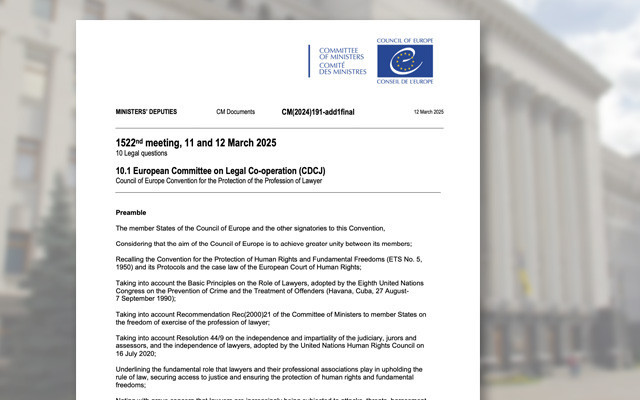
Guarantees of the practice of law
The President has determined, who will sign the Convention for the Protection of the Profession of Lawyer
President of Ukraine Volodymyr Zelenskyy authorized Ukraine's Permanent Representative to the Council of Europe Mykola Tochytskyi to sign the Council of Europe Convention for the Protection of the Profession of Lawyer.

Discussion
Why lowering the age of marriage lacks legal logic
Although until 2012 there was a provision in family law that allowed children to marry from the age of 14 under certain circumstances, its return to Ukrainian law would contradict international obligations and the logic of criminal law.
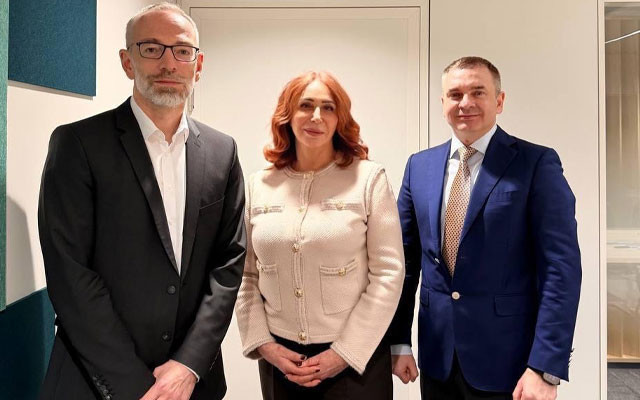
European integration
Open dialogue between the UNBA and the European Commission on the path to EU
The Ukrainian National Bar Association held a working meeting in Brussels with Mr Wolfgang Nozar, Head of Unit for Governance, Rule of Law and Financial Assistance, Directorate-General for Enlargement and Eastern Neighbourhood (DG ENEST), European Commission.

Self-government
A report on Ukrainian advocacy was presented in the European Parliament
Can a shadow report on advocacy replace the political framework of the Roadmap on the rule of law with demands for the restructuring of self-government? Where is the line between accountability and the seizure of institutions? And how can we respond to narratives with data rather than impressions?
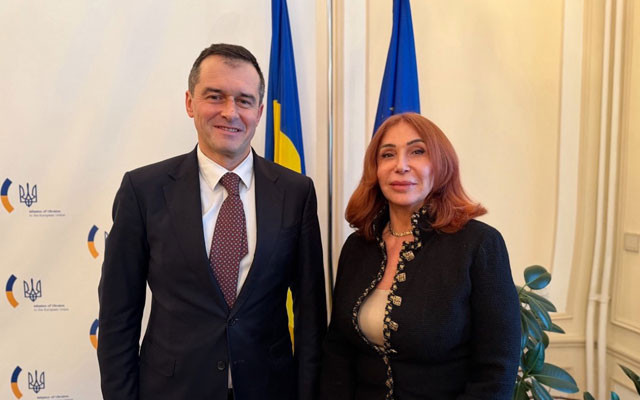
European integration
UNBA and Ukraine's representation to the EU have synchronized their priorities
On February 5, in Brussels, the President of the UNBA, BCU Lidiya Izovitova held a working meeting with the Ambassador Extraordinary and Plenipotentiary of Ukraine, Representative of Ukraine to the European Union Vsevolod Chentsov.
Publications

Volodymyr Matsko Extradition as a systemic form of rights violations

Victoria Yakusha, Law and Business The anti-corruption vertical cannot «take care» of the Bar as an institution, - acting head of the HQDCB

Censor.net Protecting advocates – protecting justice: addressing concerns about the new law

Ihor Kolesnykov A BRIEF SUMMARY REGARDING THE APPLICATION OF THE ORDER ON EXTENDED CONFISCATION IN LATVIA REGARDING FINANCIAL ASSETS OF…

Valentyn Gvozdiy WORKING IN A WAR ZONE

Lydia Izovitova Formula of perfection

Sergiy Vylkov Our judicial system is so built that courts do not trust advocates

Iryna Vasylyk Advocacy in the proclamation of Independence of Ukraine
